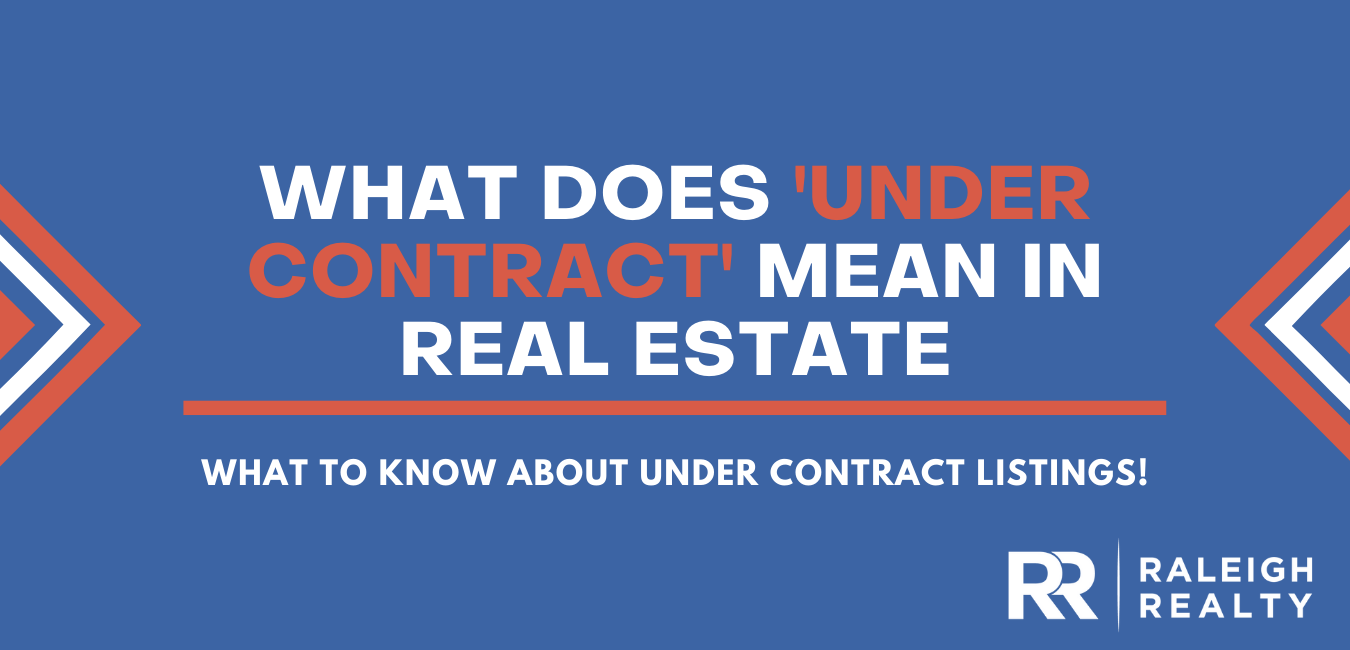10 Next Steps After You Go Under Contract on a Home
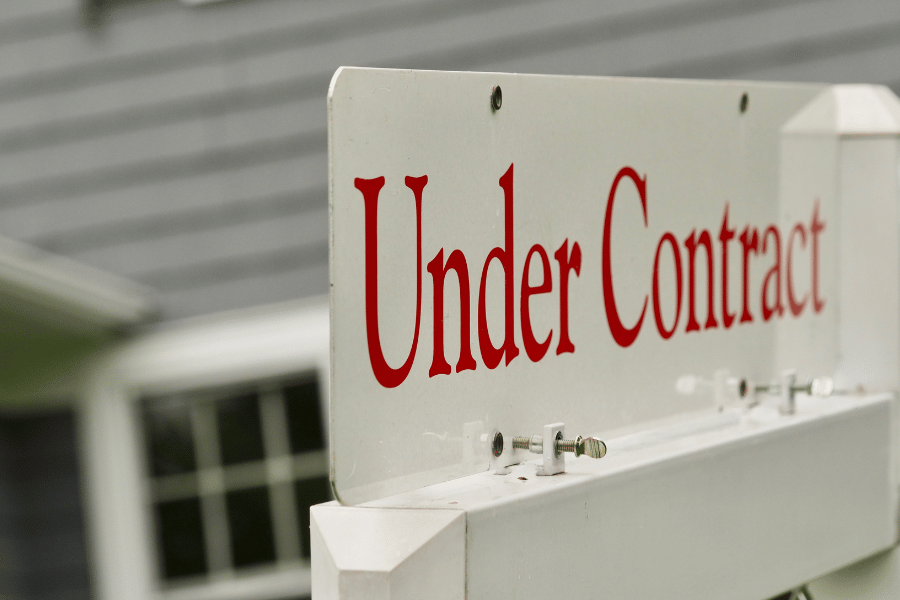
What Happens Next Once an Offer is Accepted?
What do you do after you go under contract on a home? Here are ten things you should do once an offer is accepted!
"Once a seller accepts my offer, what happens next?" This is a common question from buyers after they go under contract on a home in Raleigh.
After a buyer's offer is accepted, you'll want to visit the home numerous times before closing day. This includes meeting there with your Real Estate Agent, Inspectors, Contractors, Appraisers, and more. You'll also want to make sure you schedule a final walk-through, which your Realtor will set up.
Here are ten next steps to take after you go under contract on a home
Chapters
1. Call your Real Estate Team
The seller just accepted your offer, and you're officially under contract. So what's the next thing you do? There's probably an urge to post something on Facebook or another social media platform. Do not do that just yet because many things can go wrong in a real estate transaction.
If you start posting on social media, you put added pressure on yourself to close the deal. Our recommendation at Raleigh Realty is to tell your immediate family and some close friends just to be careful about sharing it with the world. Once a home is under contract, it will be marked online as contingent or pending.
You need to connect with your real estate team and let them know you're now under contract. This will get the wheels turning. Your Real Estate Agent will be able to walk you through the process of who you need to contact. Set the dates and times with your team (including closing and inspection dates). There are many people on your home-buying team that you should be prepared to hire.
Depending on what part of the country you're buying a home in, your real estate team is likely to include different players. Here in Raleigh, when you buy a home, your team is likely to include the following:
- Realtor
- Lender
- Inspectors (You will likely have more than one)
- Attorney
- Insurance Agent
- Contractors
There is a lot more to your real estate team that happens behind the scenes, these are people you're likely never to see and probably won't ever hear from.
Once the Lender, Inspector, Attorney, and Insurance Agent know you're under contract, they can assemble everything you need. You may want to connect with contractors if you want estimates. This will give you an idea of the cost to do things like add hardwood floors or another bathroom.

2. Give Earnest and DD Money to the Real Estate Agent ASAP
If there is due diligence and earnest money, that will need to be given to your Realtor as soon as possible. You may not have this in your contract if you do, it needs to be delivered immediately. Failure to deliver the funds promptly may result in a breach of contract.
The due diligence money is funds that allow you the opportunity to inspect the property once your offer is accepted. Your real estate team will include inspectors of all sorts, the captain of this team is your home inspector. You'll have an opportunity to inspect for pests and hazardous items as well inside the house (jump to inspections).
Your due diligence money is good for a certain timeframe that you agreed to with the seller, and you will have the opportunity to ask for an extension should you require one. Make sure your lender can get the home appraised in this time period. You would hate to find out the home appraised significantly below the sale price after your due diligence period is over.
Once the due diligence period is over, money goes hard. The likelihood of closing is much greater once the Due Diligence period is over and you've made your request for repairs.
3. Send your Lender Documents ASAP
Your lender is going to need to clear you to close. To do this, a lot needs to happen. There is a list of things they will need from you, and you need to make every effort to send those documents to them as soon as possible. Once your offer is accepted, you still need to take care of a lot of work, and it's mostly with the financing portion.
Your lender will require items like W2s and other identifiable tax-related information as they will need to verify your income. The list of items needs to be delivered to your lender as soon as possible, or you will be unable to close on time. It's a wise idea to connect both your Realtor and Lender early on so they can work together and help you.
4. Set a Closing Date with your Attorney
In Raleigh, there is a specific closing date in the contract. This is not the case for other places in the country. For instance, New York has an 'on or about' closing date that drives both buyers and sellers crazy with uncertainty.
As a buyer, you always have the opportunity to amend the contract, and the seller can accept or decline proposed changes.
You'll want to make sure you schedule the closing early enough so that the attorney you want to work with has time on that day. Connecting your Real Estate Agent to your Lender and Attorney is a great idea to work together.
Your attorney will need their forms filled out to prepare your closing.
5. Time for a House Inspection
When you're buying a home, you'll want to inspect the property for any and all things that could be wrong with it. Some of the main items you'll want to be on the lookout for include foundation, roof, HVAC, plumbing, and electrical issues.
Make sure you have a home inspector you like and schedule the appointment as soon as possible to ensure they have time to properly inspect your home.
Certain issues arise on a home inspection often, and there are others you'll want to ensure don't appear. Make sure you set your expectation that the home inspector you hire will be able to find problems with the house.
Before your due diligence period ends, you will want to strongly consider adding pest inspectors and other specialists to your team.
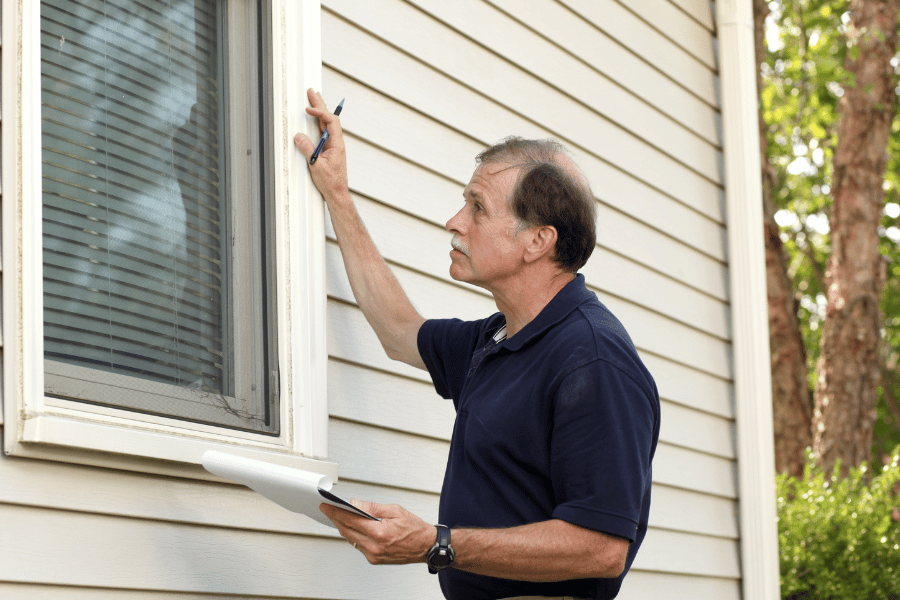
6. Your Home Appraisal
Ensure your lender will have your home appraised during the due diligence period otherwise, you may find out it doesn't appraise and fork over your earnest money. Once a seller accepts your offer, they want the deal to go through just as much as you do, so they're pretty open to extensions should you need to request a due diligence extension for your appraisal.
Having your home appraised is part of what ensures the money the bank is giving you is enough so that they can recoup most of it should you stop paying your mortgage. A home appraisal is the bank's way of figuring out if the amount of money they are lending to you is more or less than the value of your home and that you are not overpaying for something.
Many Real Estate agents will tell you that you can't overpay for a home because the bank appraises it. There is some truth to this, though it's safe to say it isn't 100% accurate. You have options when the home doesn't appraise and a chance to negotiate a better price. We have seen homes appraise for much less than they should and appraise for more than their market value.
7. Due Diligence Repairs Request
Once you have the reports back from all of the inspectors, you have the opportunity to negotiate repairs with the seller. Some sellers are more than willing to make repairs, while others will deny your request.
Of all the deals that go under contract, this is where a lot of them can be lost. Buyers and Sellers need to understand each other's position and whether or not it makes sense to continue with the sale based on the repair requests.
Often, there will be a mutual resolution during these due diligence repair negotiations. Sometimes, the seller will make the necessary repairs or provide the buyer with a financial concession at closing to make them with their own contractors.
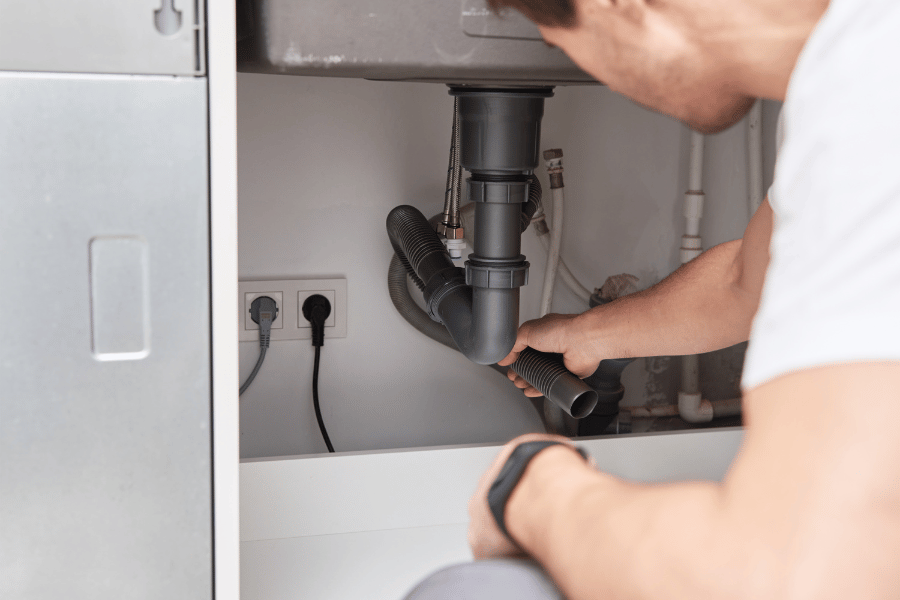
8. Home Insurance
Home insurance is an important step in buying a home. You'll want to be sure to find an insurance agent you like and that your insurance plan covers everything you want.
Most home insurance plans are typically based on several different factors, so you’ll want to be sure you check in with a few different home insurance agents.
Many buyers choose the first one only to realize later they spent a couple of hundred dollars more than they needed to. Always compare quotes, whether it's a Lender, Realtor, Attorney, Contractor, Inspector, etc.
9. Turn Utilities on in the Home
One of the last things you'll do a handful of days before moving in is set up your utilities. You can contact the listing agent to see who the seller's current providers are so that you can either remain with them or switch to someone you like.
You'll want to turn on things like electricity, gas, water, cable, internet, phone, etc. That way, you're ready to go when you move into your new home.
The final step is moving in, you may want to hire a moving company to help you move all of your stuff. Many problems can occur with moving companies, so be sure to avoid all of them that you can.
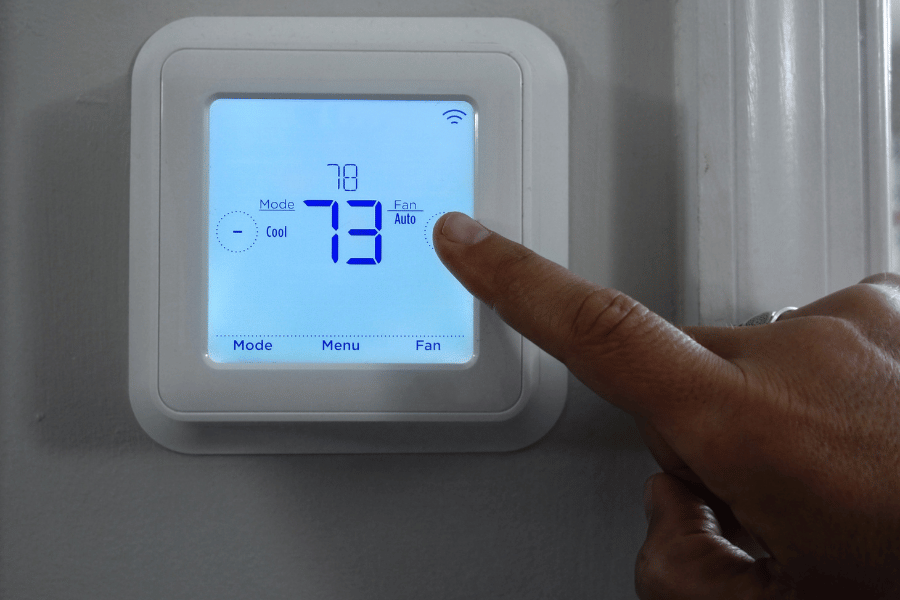
10. Close and Move into Your New Home
Congratulations, this is the fun part. It's time to move into your new house, and you can finally relax after unpacking. It took an army to make it happen; you should be proud. You're probably exhausted after the home-buying process. It can definitely take a lot of work, and it's all worth it.
One of the final items you'll need to take care of is an address change. You'll want to ensure all your mail is now at your new address.
It's also a great opportunity to meet your new neighbors. When you see them outside, don't be afraid to wave, and follow that up by walking over and introducing yourself. Most people form great relationships with their neighbors right off the bat. It's an awesome opportunity to meet others in the neighborhood as well through your direct neighbors.
Aside from the obvious decorating and furnishing of your new house, you'll want to be sure you let everyone know you have changed your address. You can do so on the United States Postal Service website. This will forward your mail to your new location. You'll want to inform work and the bank that you've changed your address.
If you plan a housewarming party, you may want to give yourself a few weeks to settle in first. It can take that long to really 'move in' to a new place. There will always be little things to do the first few weeks after moving in, whether mounting the TV to the wall or placing pictures around the house.

FAQs
Does under contract mean sold?
The term "under contract" means that the seller has accepted an offer, but there are still steps to take before closing. The terms "under contract" and "pending" are sometimes used interchangeably.
Can I change my mind after my house is under contract?
It is possible to back out once your house is under contract, but it may be difficult to pull out without losing money if you are not careful.

Ryan Fitzgerald
Hi there! Nice to 'meet' you and thanks for visiting our Raleigh Real Estate Blog! My name is Ryan Fitzgerald, and I'm a REALTOR® in Raleigh-Durham, NC, the owner of Raleigh Realty. I work alongside some of the best Realtors in Raleigh. You can find more of my real estate content on Forbes, Wall Street Journal, U.S. News and more. Realtor Magazine named me a top 30 under 30 Realtor in the country (it was a long time ago haha). Any way, that's enough about me. I'd love to learn more about you if you'd like to connect with me on Facebook and Instagram or connect with our team at Raleigh Realty. Looking forward to connecting!
Related Blogs

